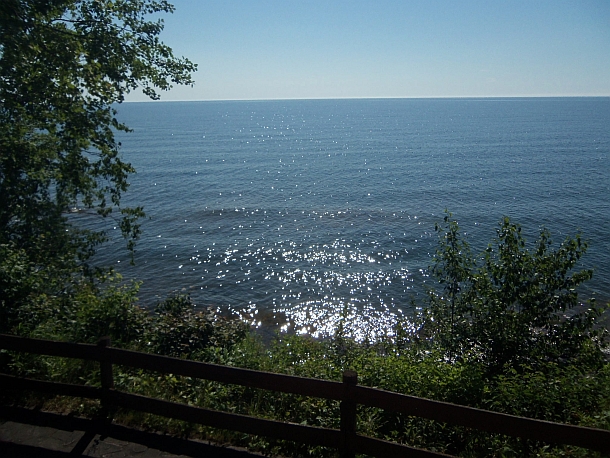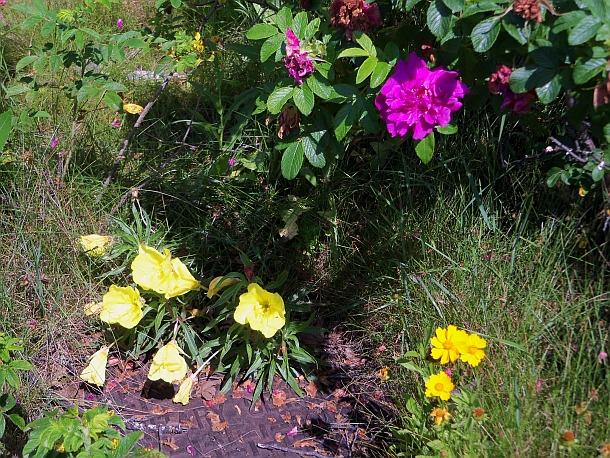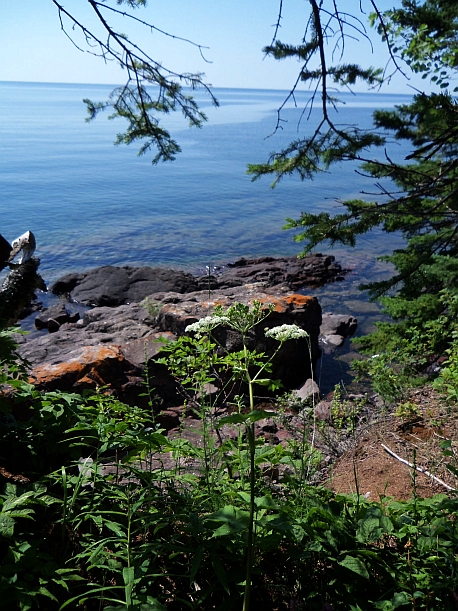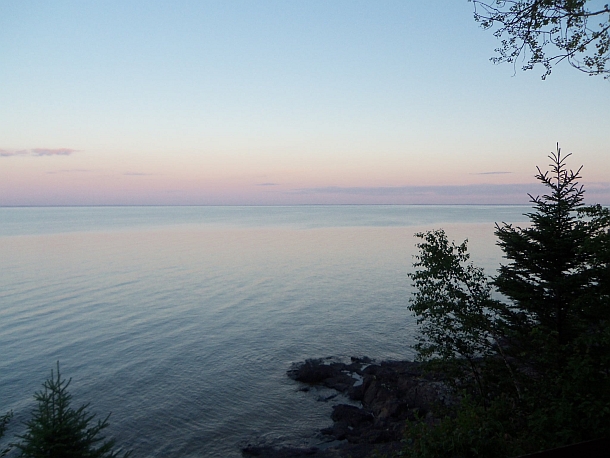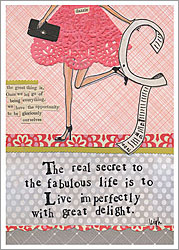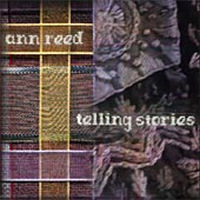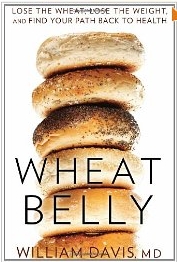 Part of our responsibilities as adults is to constantly question our assumptions. William Davis, M.D. does exactly this in his new book, Wheat Belly. From the book jacket,
Part of our responsibilities as adults is to constantly question our assumptions. William Davis, M.D. does exactly this in his new book, Wheat Belly. From the book jacket,
Since the introduction of dietary guidelines in the 1970’s calling for reduced fat intake, a strange phenomenon has ocurred: Americans have steadily, inexorably become heavier, less healthy, and more prone to diabetes than ever before. After putting more than 2,000 of his at-risk patients on a wheat-free regimen and seeing extraordinary results, cardiologist William Davis has come to the disturbing conclusion that it is not fat, not sugar, and not our sedentary lifestyle that is causing our nations’ obesity epidemic – it is wheat.
In his book, Davis takes a look at all of the genetic modifications made to modern wheat within the past fifty years – and there are thousands. The wheat we eat today is not the wheat we had growing up. These modifications were made to increase the profit and efficiency of the wheat industry. Further, no one has been monitoring the impact of these modifications (made for better yield and resilience) on human beings. In fact, modern wheat spikes blood sugar far higher than sugar, causing an addictive cycle. It’s quite possible that we are a nation addicted to wheat.
Davis observes that the reaction of an addict is exactly what happens when he suggests to patients to give up breads, pastas and cereals. But after just four weeks of wheat-free eating he claims results are stunning: blood sugar, cholesterol and weight all significantly lower for most patients.
Davis notes how wheat is present in so many food products we know and love such as cereals, noodles, burritos, bagels and cookies. But wheat is hidden in many products which would seem to not contain wheat – such as salad dressings, beers & vodkas, artificial colors and flavors and nutrition bars.
Could he be correct? Could authority’s (like the USDA, American Heart Association, the American Diabetes Association and the National Heart, Lung, and Blood Institute) call to eat more whole grains actually be making our entire population sick?
Read it for yourself and then decide. In fact, why not try it for yourself? Removing wheat from our diets for one month will not cause anyone nutritional devastation. In fact, the book provides wonderful wheat alternatives – as I do on “Food or What We Eat” category to the left on this blog . Try eliminating wheat and watch what happens.
You may also like Salad in a Jar and Fresh, the Movie.
